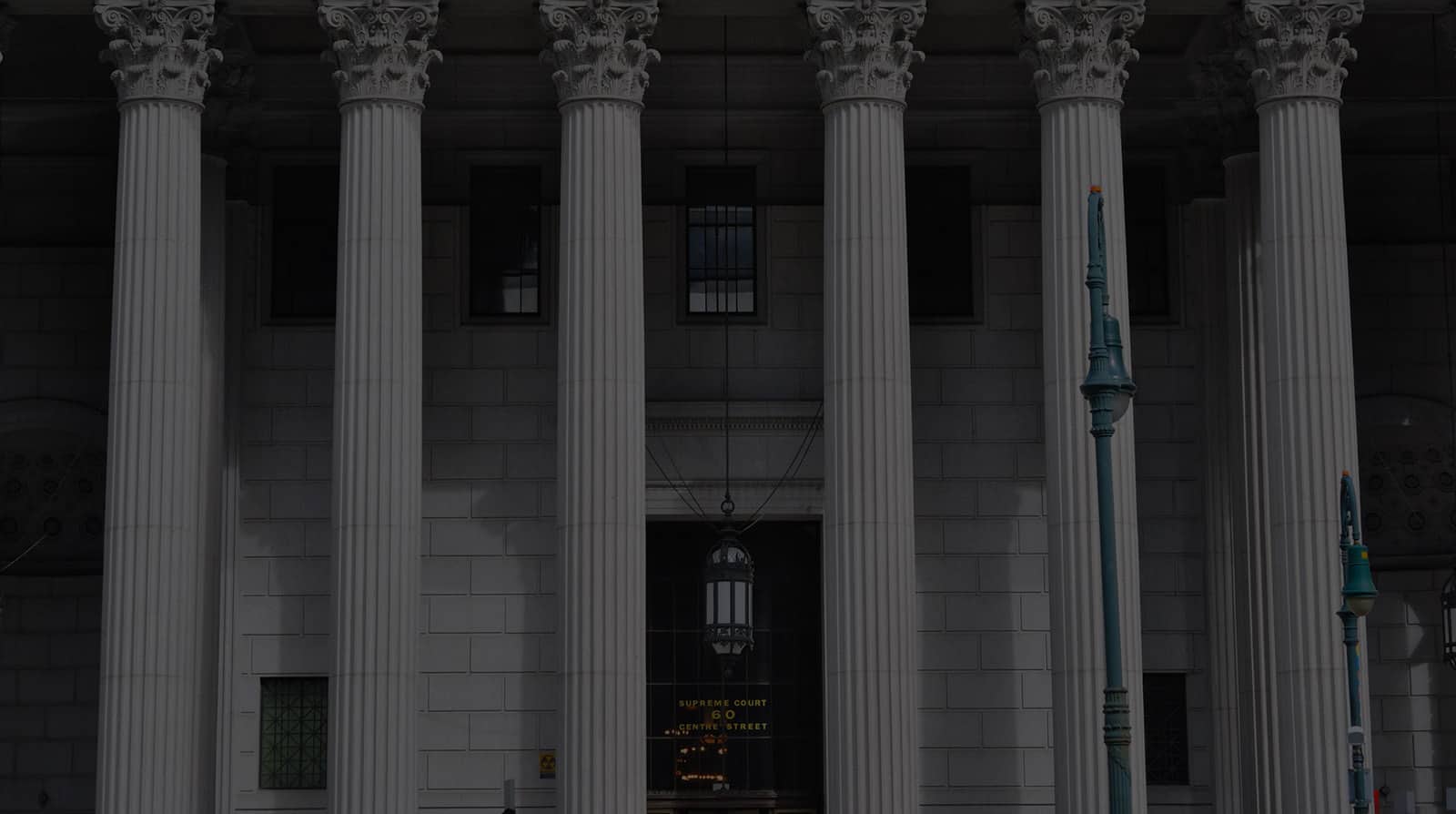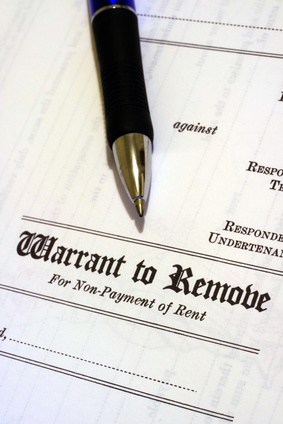What is a “confession of judgment?”
In landlord-tenant matters, a confession of judgment is an agreement that a tenant enters into, usually in court, in which he or she admits to some or all of the allegations of the landlord, and grants the
landlord rights to enter a judgment against the tenant. In exchange for this “confession,” which saves the landlord the time and effort of having to go to trial, the landlord typically gives some concession as well, often in the form of allowing the tenant to stay in the premises until a particular date, holding off on enforcing the judgment.
But can an agreement that simple be enforceable?
The answer is no. Any confession of judgment in New York must satisfy the provisions of CPLR 3218, which requires that a judgment by confession must:
- state the dollar amount for which judgment may be entered;
- specifically authorize the entry of judgment;
- specifically state the county in which the confessor resides;
- if the judgment is for money due or to become due, concisely state the facts out of which the debt arose, and
- show that the sum confessed is justly due or will become due.
If your confession of judgment fails to satisfy these requirements, the courts will traditionally disregard it.
In a 1982 Erie County Supreme Court case,
Baehre v Rochester Dental Prosthetics (112 Misc 2d 270, 272, 446 NYS 2d 901), the Court discussed CPLR 3218 at length, and held that a concise statement of the underlying facts in every
confession of judgment is required in order that third persons (notably other creditors) may ascertain whether the confession was accurate, honest and bona fide (
see Country Nat. Bank v Vogt, 28 AD2d 793, affd 21 NY2d 800;
Wood v Mitchell, 117 NY 439; 4 Weinstein-Korn-Miller, NY Civ Prac, par 3218.03). The Court held that all confessions of judgments must contain enough detail to permit other creditors to discern a complete picture of the transaction from the affidavit itself, sufficient enough for an assignee to investigate the claim and ascertain its validity.
In
Santanastasio v Denoto, 2010 NY Slip Op 51366 (U), a
Nassau County District Court case, the Hon. Scott Fairgrieve adopted
Baehre, supra, and recognized that the tenant’s confession of judgment lacked a full statement of the facts, in violation of CPLR 3218 (a) (2).
Although Judge Fairgrieve recognized that the statement of facts required for a confession of judgment is only required to meet the standard set forth for pleadings, he held that the statement of facts used in this case, “(A) debt is justly due to the Plaintiff arising out of the following Oral Lease agreement for rooms at the subject premises, ” was clearly deficient, as the tenant was renting a room, not “rooms.” In addition, Judge Fairgrieve held that the statement fails to provide a complete picture of the transaction because it does not set forth important terms of the agreement such as when payments were to be made, the amount, and the anniversary date.
Judge Fairgrieve’s decision is another example of the problems pro se landlords can run into while trying to handle their tenant’s eviction without an attorney. Unfortunately in Baehre, supra, the confession of judgment was vacated, and the landlord was left without any financial recovery.









